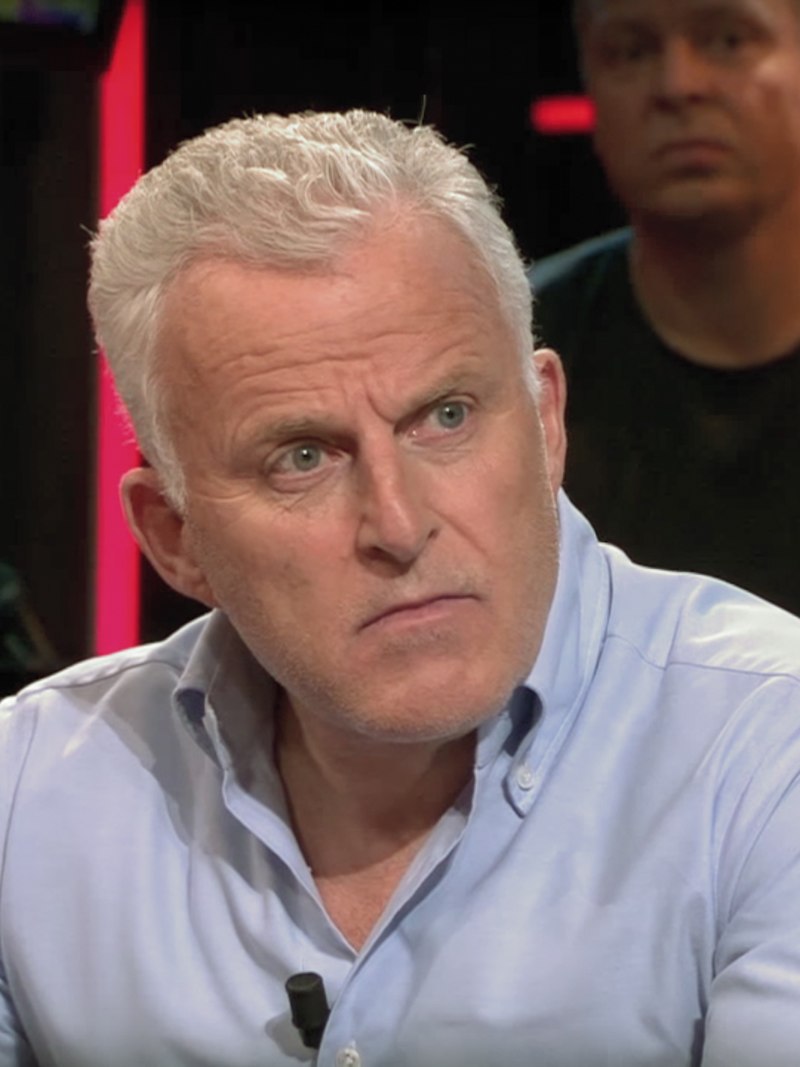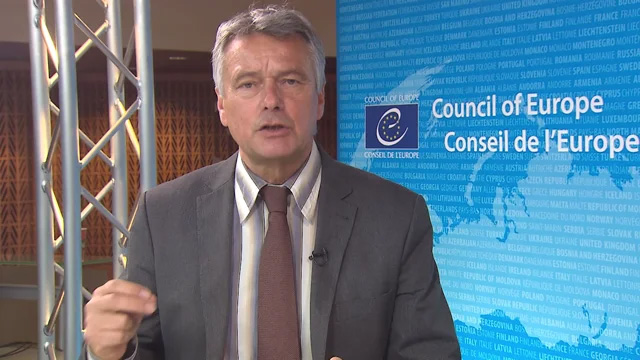Focus on the four Ps of journalist safety: protection, prosecution, prevention and promotion
Protection – the first thematic event of the Council of Europe’s ‘Journalists Matter’ campaign – will end in Strasbourg with a multi-stakeholder dialogue on Tuesday and Wednesday.
The ‘Journalists Matter’ campaign, which was launched in 2023 and will run until 2027, is made up of four themes – protection, prosecution, prevention and promotion of information, education and awareness raising. Next year the focus will be on prosecution, followed in 2026 on prevention and finally in 2027 on promotion.
The Council of Europe’s (CoE) five-year campaign, aimed at promoting and protecting the safety of journalists, was launched after the car bomb assassination of the Maltese journalist and anti-corruption activist Daphne Caruana Galizia in 2017 and the killing of Dutch journalist Peter R. de Vries in 2021.
The campaign, according to the CoE, “aims to raise awareness, stimulate effective tackling of pressing issues and ultimately increase the safety of journalists and other media actors in all situations”.
It plans to achieve this by promoting the setting up of corresponding campaigns at national level among its 46 member states, changing the situation effectively and significantly in practice, providing help to the development of appropriate legal and institutional frameworks at a national level and encouraging states to take measures for the adoption of national action plans for the safety of journalists.

By setting up robust mechanisms for investigating crimes against journalists and ensuring proper sanctioning of perpetrators, the campaign aims to provide effective remedies against such attacks.
This week’s discussions will address the main target groups of the campaign: public authorities, including the judiciary, law enforcement, civil society, journalists’ and media organisations, and international organisations. Council of Europe main bodies’ representatives – including the parliamentary assembly, congress of local and regional authorities and the platform to promote the protection of journalism and safety of journalists – will also be present.
The event will “highlight the democratic function of journalists in various contexts, raising awareness of the important role they perform during crises, elections, demonstrations and conflict zones”.
Participants will also look into the legislative frameworks addressing violence against journalists and assess/discuss the efficacy of existing laws. They will explore ways to improve practical protection measures, including by law enforcement bodies, partnerships and/or memorandums of cooperation that are likely to help better protect journalists’ safety, as well as the importance of procedural guarantees in cases of deprivation of liberty, stressing the right to legal representation, medical assistance etc.
The discussions will also look into measures that media organisations themselves, but also media owners, are expected to take to ensure that their journalists are prepared and protected against pressure, intimidation and attacks. Recognising the specific dangers faced by female journalists, the conference will emphasise gender specific approaches in protective measures.
“This campaign is an opportunity for all member states to go a few steps further towards free and pluralistic media, quality news, a healthy media ecosystem and healthy democratic processes and societies,” Aliki Stylianou the head of Press and Information Office (PIO), which is responsible for the campaign in Cyprus, told a conference launching the campaing last year.
“We have to establish safe havens for journalists to be able to do their work,” Patrick Penninckx, former head of the Information Society Department of the Council of Europe, told the same conference.

Penninckx said there were a number of tools used to threaten journalists ranging from murder to harassment and from law-suit to threats. This was why it was vital to establish country-specific mechanisms that are bottom up and can enable journalists to operate freely without fear of attack, he added.
“European institutions are well aware of the challenges posed to media landscapes,” said Penninckx, citing, apart from the assassination of Caruana Galizia and the killing of de Vries, Greece’s Pegasus spyware scandal which was found to have been used against journalists.
In September the Cyprus police participated in a two-day seminar on The Role of the Police in the Protection of the Safety of Journalists that was held in Strasbourg.
The seminar addressed the role of the police in ensuring the safety of journalists doing their job, particularly in the face of recent increasing threats and attacks. Pathways to improve cooperation between journalists and police around journalist safety, fostering enhanced comprehension of the role and specificities of journalistic work, the risks that it entails and related protection needs, were among the topics of discussion.
Central to the discourse was the implementation of concrete measures by law enforcement bodies in the field, with a focus on public demonstrations and other events where journalists doing their job may be exposed to safety risks. Existing rules, strategies and best practices in the action of the police forces across Council of Europe member states for enhancing journalist safety were also explored.
The Council of Europe invites everyone to participate in the ‘Journalists Matter’ campaign. By supporting it, individuals and organisations can contribute to a safer environment for journalists, ensuring they can report news freely and without fear.
The campaign is coordinated by the Media and Internet and Governance Division, Information society Department.
For more information and to support the ‘Journalists Matter’ campaign visit the Council of Europe’s website https://www.coe.int/en/web/freedom-expression/safety-of-journalists-campaign
Target of safety campaign
Journalists: encouraging them to advocate for their safety and media freedom.
Press councils and media associations: enhancing their involvement in protecting journalists.
Media outlets: promoting active contributions to journalist safety.
Judicial and law enforcement authorities: raising awareness and enhancing their capacity to protect journalists.
Public officials and political bodies: improving policies and legislation affecting journalists’ safety and freedom of expression.
Civil society and Human Rights Institutions: Sensitising public authorities and society about the importance of journalist safety.
Educational Institutions: Providing information, engaging in discussions, and raising awareness about journalist safety.


